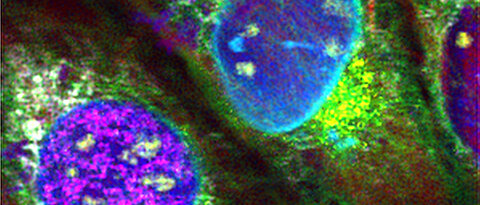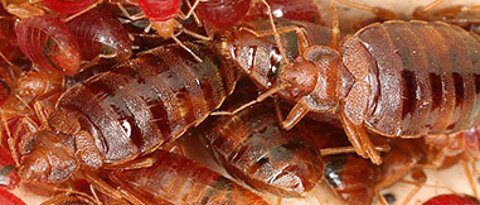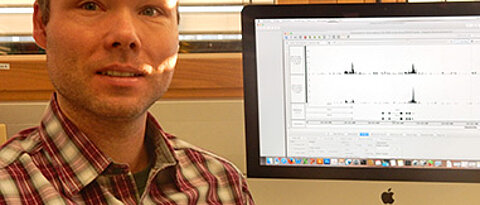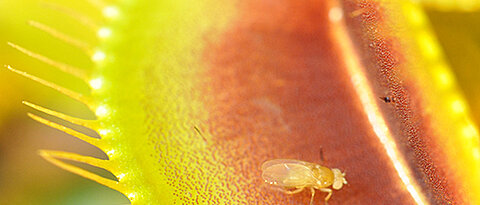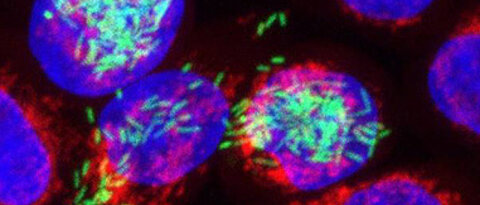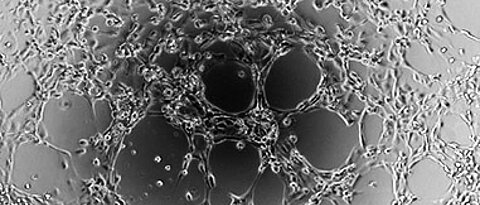Goodbye ground control
02/10/2016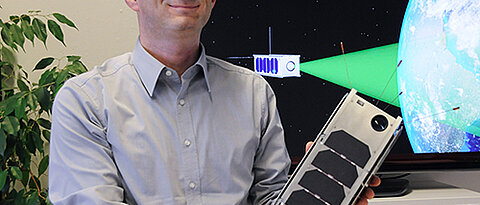
The University of Würzburg has two new space projects in the pipeline which are concerned with the observation of planets and autonomous fault correction aboard satellites. The German Federal Ministry of Economic Affairs and Energy funds the projects with around 1.6 million euros.
more


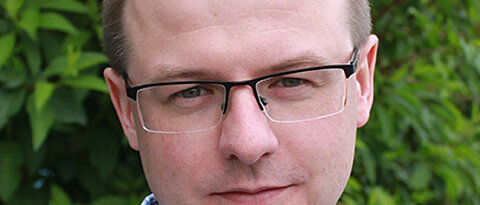
![[Translate to Englisch:] Von links oben im Uhrzeigersinn: Christian Schneider, Viktoria Däschlein-Geßner, Grzegorz Sumara, Barbara Händel (Foto: Uni Würzburg). Christian Schneider, Viktoria Däschlein-Geßner, Grzegorz Sumara, Barbara Händel](/fileadmin/_processed_/c/0/csm_erc-starters-2015_9db0971fc6.jpg)
